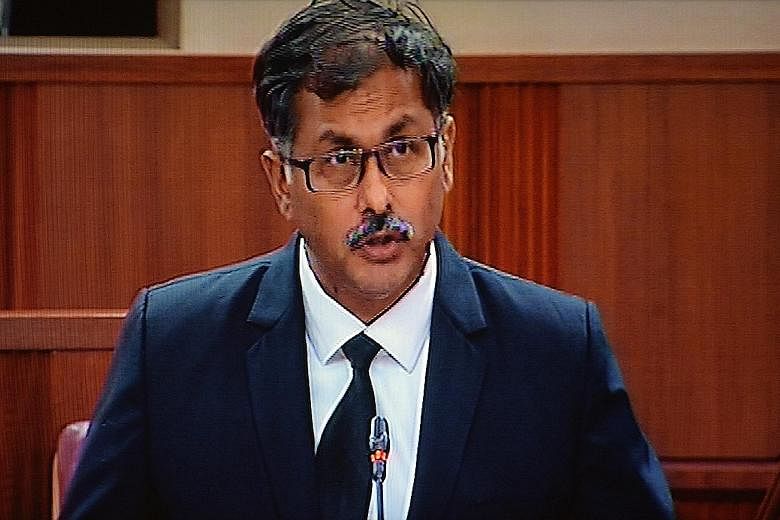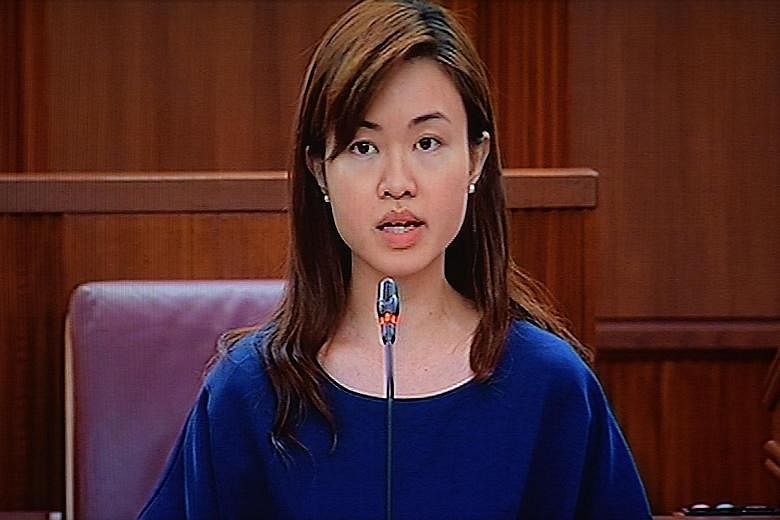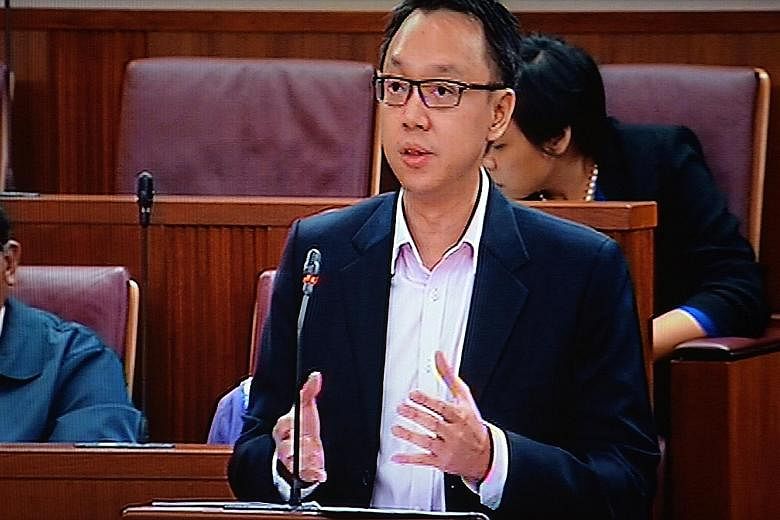Singapore must always remain an inclusive society, and the proposed changes to the elected presidency reflect the nation's multiracial ideals.
Rising in support of these changes to the elected presidency yesterday, Mr Murali Pillai (Bukit Batok) said the issue here was a lot broader than whether someone from a minority stood a fair chance of being elected president.
Instead, the amendment "represents an important signal to all communities within Singapore that she must always remain an inclusive society", he said.
Under the proposed changes, an election will be reserved for a particular racial group if there has not been a president from it for the five most recent presidential terms.
This applies to the Chinese, Malay and Indian and other minority communities.
Mr Murali - one of three MPs in Parliament yesterday who raised Singapore's multiracial fabric as the reason why the amendments were necessary - said he saw this change as a "signal and a safeguard" for inclusiveness.
He added that the provision for a reserved election would kick in only if the country has gone 30 years without a president from a minority community. Under the Constitution, the Government has a responsibility to care for the interests of racial and religious minorities, "in particular that of the Malay community as the indigenous people of Singapore", said Mr Murali.
This responsibility is more pressing considering the growing racial intolerance, rising religiosity and extremism around the world - and Singapore is not immune to such pressures, he said.
"We cannot assume that we have arrived as a nation, with all inter- communal issues having been resolved forever," said Mr Murali.
Ms Tin Pei Ling (MacPherson) said the country's head of state must reflect Singapore's multiracialism. She added that even though the Chinese made up about three-quarters of the population, Singapore was not a Chinese society.
"Non-Chinese Singaporeans are not a 'by the way', we are all an integral part of Singapore," said Ms Tin.
Dr Tan Wu Meng (Jurong GRC) said there was value in reserved elections as they were a "safety valve".
The changes would ensure that "every generation has a chance to see a president from their own community", he said.
He cited the example of the Group Representation Constituency system, which was controversial when it was first introduced in 1988 to guarantee minority representation in Parliament.
"But today we see their value as a safety check, to avoid a freak election result where every elected MP is of the majority race," said Dr Tan.




